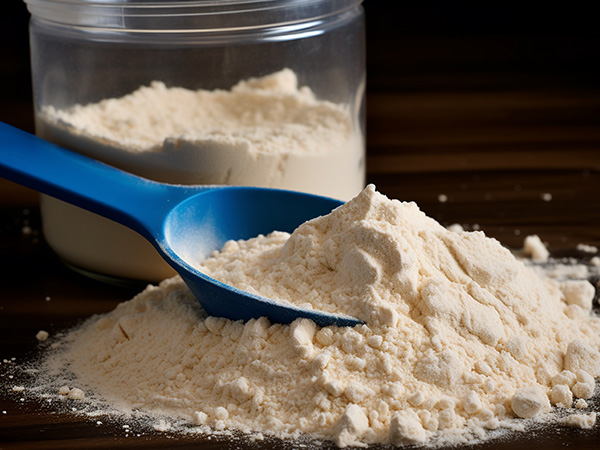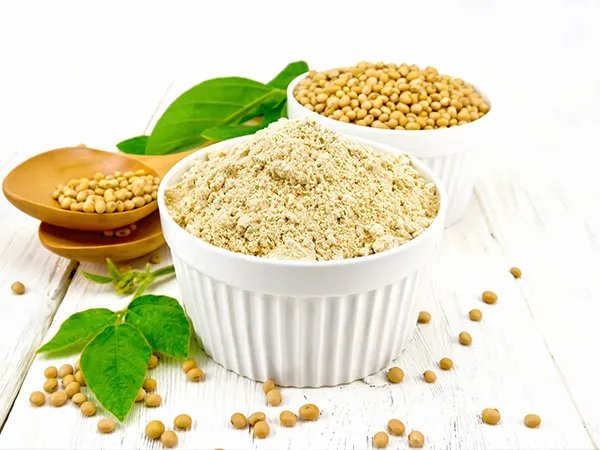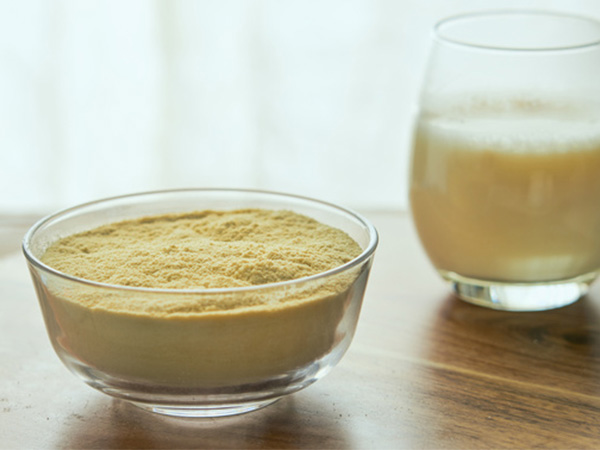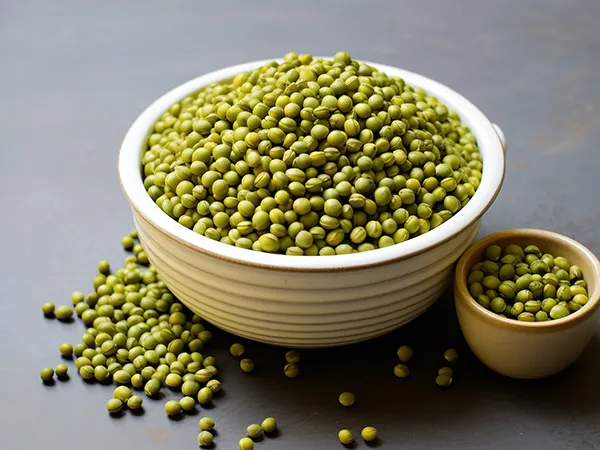Plant protein refers to proteins extracted from plant-based raw materials such as peas, soybeans, chickpeas, rice, wheat, and other grains or legumes. With the global rise of healthy diets, vegan foods, and sustainable nutrition, plant protein has become a key ingredient in alternative meat, dairy substitutes, sports nutrition, and functional foods.
To achieve high purity, good solubility, and consistent quality, plant protein must undergo precise processing steps. Among the advanced equipment used in modern production lines, the Air Classifier Mill (ACM) plays a vital role in fine grinding and particle size control.
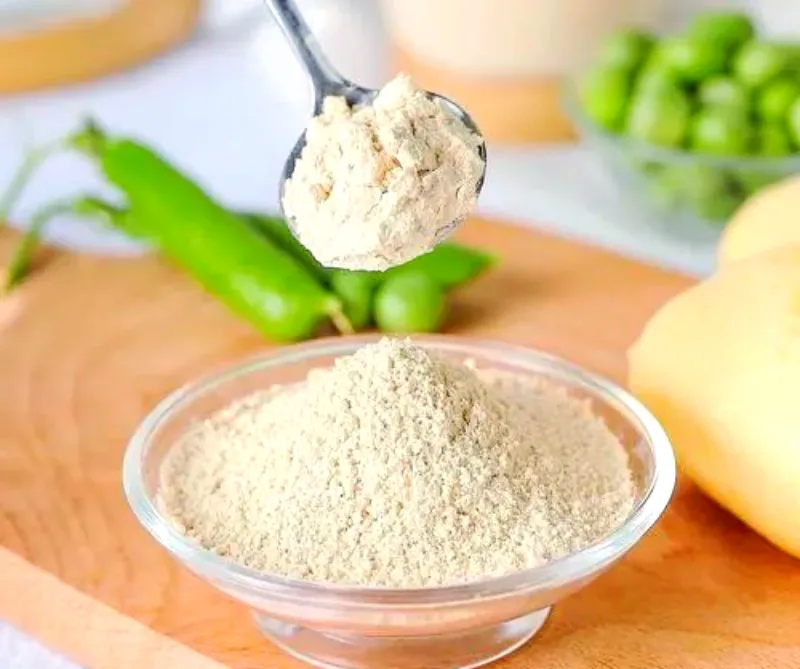
Sources of Plant Protein
Plant protein mainly comes from:
- Soy protein: widely used in meat analogs and beverages
- Pea protein: gluten-free, allergen-friendly, ideal for sports nutrition
- Rice protein: mild flavor, high digestibility
- Wheat protein (gluten): strong elasticity, ideal for bakery and meat substitutes
- Chickpea & lentil protein: high in fiber and minerals
Different plants sources have different protein content, structure, and processing behavior, so selecting suitable grinding and classification equipment is essential.
Why Plant Protein Needs Fine Grinding and Classification
After extraction and drying, plant protein powder often exhibits:
- Large particles
- Fiber residue
- Uneven distribution
- Agglomeration
- Poor dispersibility
For food manufacturers, these issues can lead to defects in mouthfeel, solubility, mixing performance, and product stability.
Therefore, ultrafine grinding and precise classification become critical steps to improve:
- Smooth texture
- Instant solubility
- Uniform mixing in beverages
- Protein purity and functional properties
The Role of Air Classifier Mill (ACM) in Plant Protein Processing
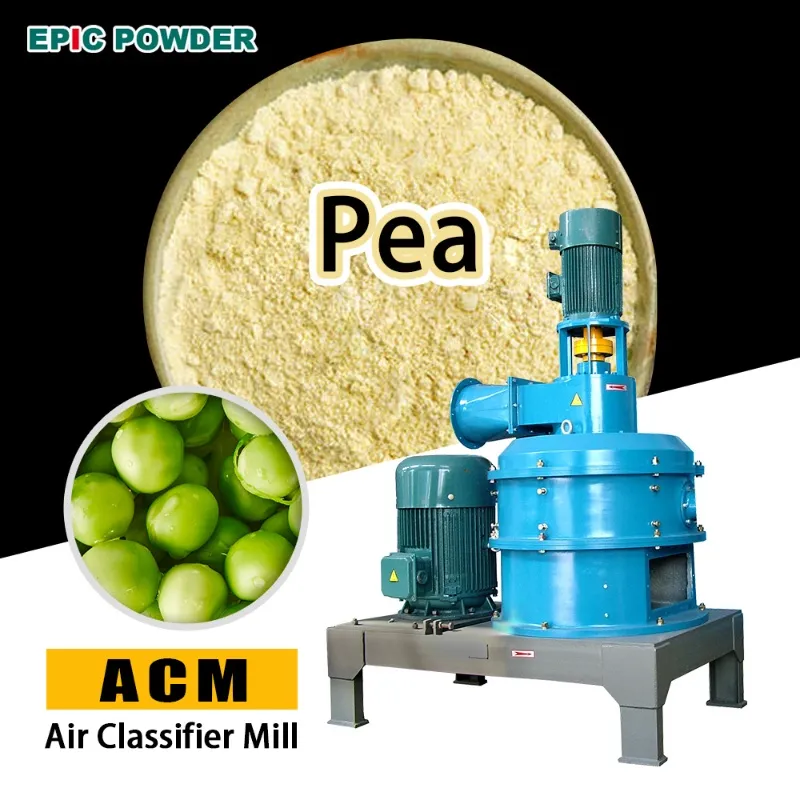
The Air Classifier Mill integrates high-speed impact grinding with an in-line classifier, achieving fine powder production in a single step—especially suitable for plant protein materials.
How ACM Works
- High-speed rotor impacts and grinds the protein particles
- An internal classifier wheel selects fine particles
- Coarse particles are returned for secondary grinding
- Final product achieves a narrow particle size distribution
Advantages of ACM in Protein Production
- Fine particle size: typical output D50 10–50 μm
- Cold grinding effect: prevents protein denaturation
- Fiber removal: improves protein purity
- Stable and uniform PSD: crucial for instant beverages
- High efficiency: continuous production and easy automation
- Low contamination: meets food-grade requirements
ACM is widely used in pea protein, soy protein, chickpea protein, faba bean protein, rice protein, and more.
Typical Processing Flow for Plant Protein
Raw material cleaning
Milling or dehulling
Protein extraction (dry or wet process)
Drying: spray drying or freeze drying
Fine grinding using Air Classifier Mill
Precise classification: removing coarse fiber and impurities
Blending and functional enhancement
Packaging
Fine grinding and classification are essential to improving the functional quality of pprotein for beverages, baked foods, plant-based meats, and nutritional powders.
Applications of Precisely Processed Plant Protein
- Plant milk (soy, oat, pea)
- High-protein beverages
- Vegan meat and seafood analogs
- Protein bars and sports nutrition
- Infant and elderly nutrition
- Bakery fortification
- Gluten-free product development
High-quality plant protein with controlled particle size improves solubility, emulsification, water-holding capacity, and sensory performance.
Conclusion
Plant protein plays an increasingly important role in modern food manufacturing. To achieve high purity and excellent functional properties, advanced equipment such as Air Classifier Mills has become indispensable. By integrating fine grinding and precise classification, manufacturers can produce protein powders that meet international standards for nutrition, flavor, texture, and processing stability.
As a leading provider of ultrafine grinding and classification solutions, Epic Powder offers specialized equipment and complete processing systems tailored for plant protein applications. From fine grinding to precision classification and food-grade system design, Epic Powder helps manufacturers produce protein powders that meet international standards for nutrition, flavor, texture, and processing stability.

“Thanks for reading. I hope my article helps. Please leave a comment down below. You may also contact Zelda online customer representative for any further inquiries.”
— Posted by Emily Chen
